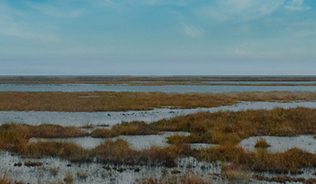Air pollution exposure to young children is a serious concern globally since they are the most vulnerable to the health effects of traffic-related air pollution. In 2017, UNICEF revealed that almost 17 million children, younger than 1 year old, live in severely affected regions of the world where air pollution levels far exceed World Health Organisation prescribed limits of PM2.5 by about six times. Young children, especially those from poor socio-economic backgrounds, are most vulnerable to the impacts of toxic air pollutants. This webinar, presented by Ashish Sharma, was focussed on this issue and a UKRI funded PhD research project, MAPE (Mitigating Air Pollution Exposure to the Young Children).
Ash outlined the goal of this project and how they have experimentally quantified the differential exposure and mitigation strategies for young children while they are transported in different types of prams or trailers. They compared their exposure with that of adults as well as to highlight mitigation strategies via use of pram/trailer covers and facemasks.
Most of these research findings have been published into some of the high-impact peer-reviewed research articles such as the Environment International or the Journal of Hazardous Materials. The research findings have been impactful and have been disseminated internationally via conferences, workshops and seminars and contributed to raise global community awareness on tackling health effects of young children's exposure. These have frequently featured at some of the most prestigious international digital media outlets such as the BBC, Telegraph, UK Daily mail, and The Huffington Post, to name a few.





